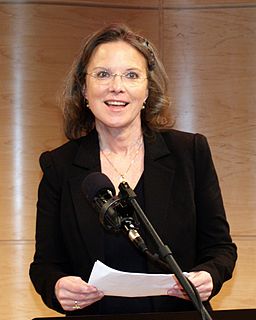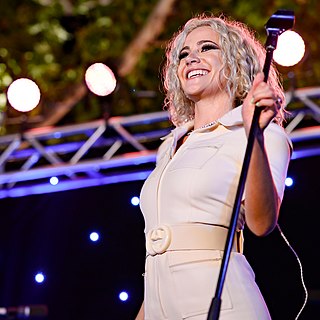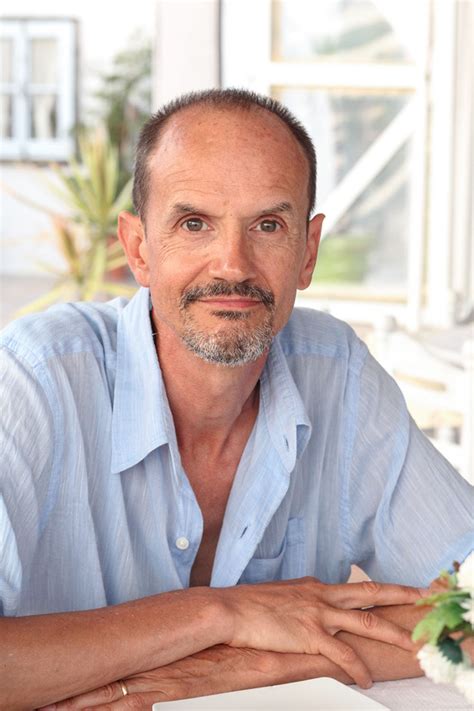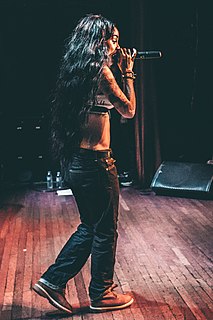A Quote by Carolyn Forche
Poetry is the voice of the soul, whispering, celebrating, singing, even.
Quote Topics
Related Quotes
To me, a poem is almost like someone whispering to another person, or you hear the whispering in your head. I hope with my own poems that the reader feels a connection, soul to soul, that'll help us all feel a little less alone on the planet. And it does have the power to direct change. A writer can make the word 'dark' be something positive. You can relieve a word like 'hysterical' of its misogynistic implications. You can make the language your own. That's what poetry is about.
But the beginning of things, of a world especially, is necessarily vague, chaotic, and exceedingly disturbing. How few of us ever emerge from such beginning! How many souls perish in its tumult! The voice of the sea is seductive; never ceasing, whispering, clamoring, murmuring, inviting the soul to wander for a spell in abysses of solitude; to lose itself in mazes of inward contemplation. The voice of the sea speaks to the soul. The touch of the sea is sensuous, enfolding the body in its soft, close embrace.
Beneath the surface level of conditioned thinking in every one of us there is a single living spirit. The still small voice whispering to me in the depths of my consciousness is saying exactly the same thing as the voice whispering to you in your consciousness. 'I want an earth that is healthy, a world at peace, and a heart filled with love.' It doesn't matter if your skin is brown or white or black, or whether you speak English, Japanese, or Malayalam - the voice, says the Gita, is the same in every creature, and it comes from your true self.
It seems to me that all of us, in our own way, have our own personal lagos. We all have within us a voice that is whispering doubt, that is whispering suspicion, that's telling us there's something wrong, there's something missing, there's something that should be different. And we easily become hypnotized by that voice of doubt.
I think that poetry is an act of celebration, that anytime you're writing a poem, it means that you're celebrating something, even if it's a sad poem, if it's an angry poem, a political poem or anything at all. The fact that you're taking the time and energy to pick up this thing and hold it to the light, and say, "Let's take some time to consider this," means that you've deemed it worthy enough to spend time on - which, in my opinion, is celebrating.
What has praise and fame to do with poetry? Was not writing poetry a secret transaction, a voice answering a voice? So that all this chatter and praise, and blame and meeting people who admired one and meeting people who did not admire one was as ill suited as could be to the thing itself- a voice answering a voice.
You start singing by singing what you hear. So everyone, when they first start singing, they naturally are singing like whatever they're hearing, because that's the only way you learned how to sing. So when I was growing up on Lauryn Hill, when I started singing her songs, I literally trained my voice to be able to do runs.
I've been writing all my life, and playing bass came later on, when I was about 26. What I recognized with poetry and music that I had a different voice - there were things I wanted to express that I could not as an actor or even as a director. It was another avenue of expression that my soul needs.






































